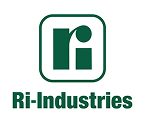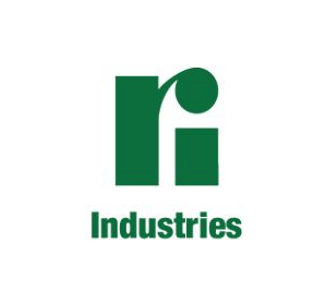Have you been feeling an itch in your green thumb? Warmer weather tends to have that effect whether you’re an avid gardener or not. Plants and flowers not only look pretty, but have been scientifically proven to help us feel happier. Now that’s a great reason to head outdoors and get your hands dirty! All we ask, is when you tend to your garden keep water conservation in mind.
It is possible to grow a gorgeous garden while being water conscious. Here are just a few tips on how:
- Water the roots of plants rather than the leaves, reducing wind spray and evaporation.
- Don’t water in the middle of the day, in windy conditions or if it is likely to rain.
- Make a small dam from mulch and soil to avoid water running off the soil.
- Cool season grasses should be left longer in summer but warm season grasses such as couch and buffalo can be kept short.
- Avoid cutting grass by more than a third of its length at any one time.
- Replace struggling plants in autumn with drought tolerant species.
- Place plants in the right spot so they can get the proper amount of sunlight and will not require extra watering.
- Outdoor plants in pots use a lot more water than plants in the ground so use sparingly.
- Wetting agents can reduce pot watering by 50 percent and water storage products in the soil will also extend periods between watering.
- Good quality garden tap fittings save water because they are less likely to break or drip.
- Drip irrigation systems are more water efficient than overhead watering because they deliver water directly to the root system, don’t cause overspray and prevent excess surface evaporation.
- A digital watering timer can also significantly reduce the amount of water used.
Of course, our best tip is to use water from a rainwater tank! Concrete rainwater tanks from Ri Industries offer many benefits, such as:
- The water stays cooler.
- No algae develops.
- The water has no after-taste.
- They are bullet proof, vandal-proof and fire-proof.
- Being underground means they are out of sight and don’t take up much of your valuable real estate.
- Above ground tanks can be spray painted to fit in better with your surroundings.
- Concrete is stronger and more durable.
For more information, please call us at 08 8444 8100.

